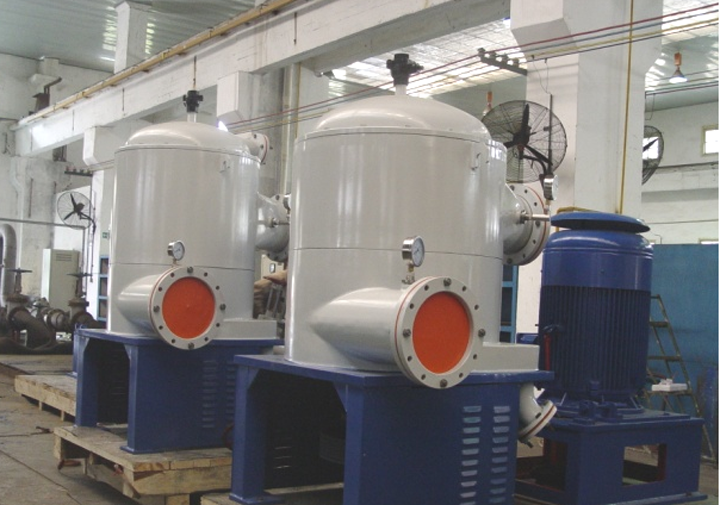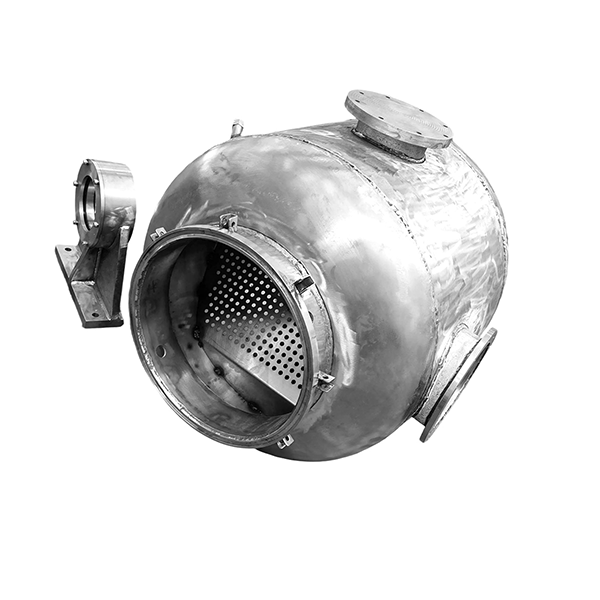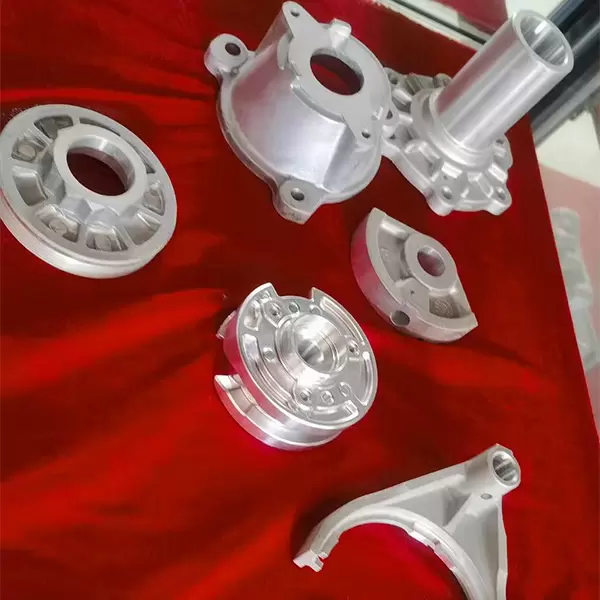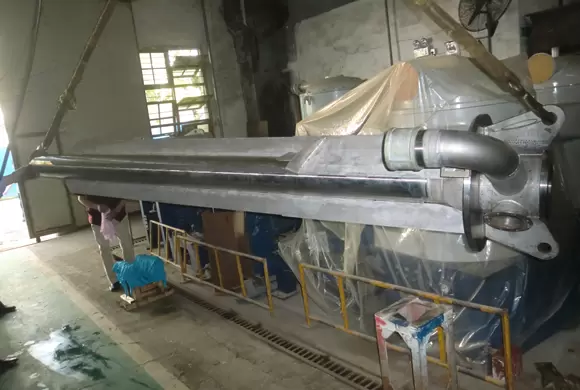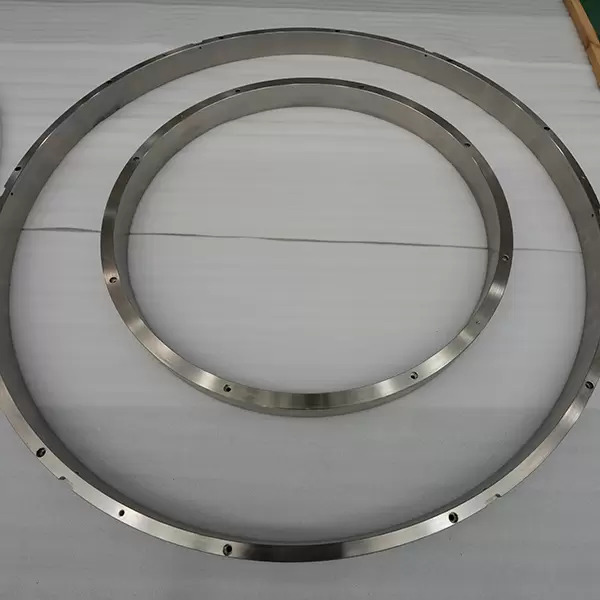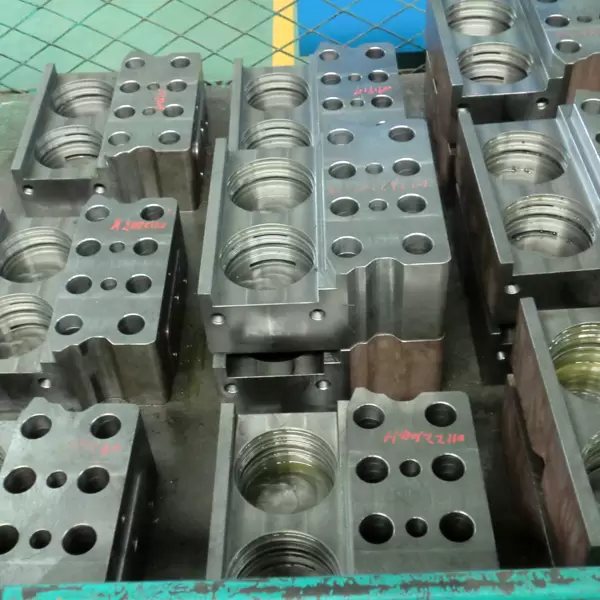Application of Alloy Steel Forging in Aerospace
Alloy steel forging plays a pivotal role in the aerospace industry due to its combination of strength, durability, and resistance to extreme conditions. Aerospace components must withstand significant mechanical stress, high temperatures, and corrosive environments, making alloy steel forgings an ideal material choice.
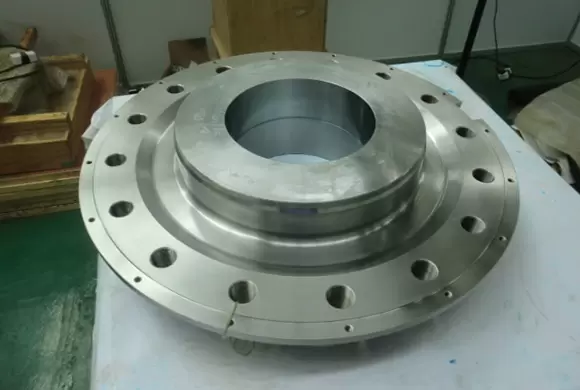
1. Structural Components
1.1 Landing Gear Systems
Alloy steel forgings are extensively used in landing gear systems, which are crucial for the safe landing and takeoff of aircraft. Components such as landing gear legs, wheels, and axles are typically forged from high-strength alloy steels. These materials provide the necessary strength and fatigue resistance to endure the repeated impact loads during landings and the high stresses encountered during taxiing and takeoff.
1.2 Engine Mounts and Pylons
Engine mounts and pylons, which connect the engines to the airframe, also rely on alloy steel forgings. These components must support the weight of the engines and transmit thrust forces efficiently. Alloy steels offer the required stiffness and durability to maintain structural integrity under these demanding conditions.
2. Propulsion Systems
2.1 Turbine Blades and Vanes
Turbine blades and vanes in jet engines are prime examples of alloy steel forging applications. These components operate at extremely high temperatures and must withstand the centrifugal forces generated by high-speed rotation. Special alloy steels, such as those containing nickel and cobalt, are used to provide the necessary creep resistance, thermal fatigue strength, and corrosion resistance.
2.2 Shafts and Rotors
Shafts and rotors in aerospace propulsion systems also benefit from alloy steel forgings. These components transmit torque and power from the engines to the propellers or fans. Forged alloy steels offer excellent mechanical properties and dimensional stability, ensuring reliable performance over extended periods.
3. Aerospace Fasteners
3.1 High-Strength Bolts and Nuts
Alloy steel forgings are essential for aerospace fasteners, including high-strength bolts and nuts. These fasteners secure critical components and must withstand significant tensile and shear loads. Alloy steels provide the necessary strength and ductility to ensure the integrity of the assemblies under extreme conditions.
3.2 Rivets and Rivet Sleeves
Rivets and rivet sleeves are another critical application of alloy steel forgings in aerospace. They are used to join airframe panels and other structural components. Alloy steels offer excellent fatigue resistance and corrosion protection, ensuring the long-term durability of the riveted joints.
4. Aerospace Instrumentation and Controls
4.1 Precision Components
Alloy steel forgings are also used in precision components for aerospace instrumentation and controls. These components, such as valves, actuators, and sensors, require high levels of accuracy and reliability. Forged alloy steels provide the dimensional stability and mechanical properties necessary for these applications.
4.2 Flight Control Systems
Flight control systems, including rudders, ailerons, and elevators, rely on alloy steel forgings for their structural components. These systems must be highly responsive and reliable to ensure the safe operation of the aircraft. Alloy steels offer the strength and durability required to withstand the dynamic loads and environmental exposure associated with flight control systems.
5. Technological Advancements and Future Trends
5.1 Advanced Alloy Development
Recent advancements in alloy development have led to the creation of new steel grades with enhanced mechanical properties. These advanced alloys offer improved creep resistance, thermal fatigue strength, and corrosion resistance, making them ideal for aerospace applications.
5.2 Precision Forging Techniques
Advancements in precision forging techniques have also contributed to the increased use of alloy steel forgings in aerospace. These techniques, such as net-shape forging and isothermal forging, enable the production of complex components with tight tolerances and excellent surface finish.
5.3 Sustainability and Recycling
The aerospace industry is increasingly focused on sustainability and recycling. Alloy steel forgings are advantageous in this context because they can be recycled and reused with minimal loss of mechanical properties. This contributes to the overall environmental footprint of aerospace components.
In conclusion, alloy steel forging plays a critical role in the aerospace industry, providing the strength, durability, and reliability required for various components. From structural supports and propulsion systems to fasteners and instrumentation, alloy steel forgings enable the safe and efficient operation of aircraft. With ongoing advancements in alloy development and precision forging techniques, the use of alloy steel forgings in aerospace is poised to continue growing, driving innovation and sustainability in the industry.

